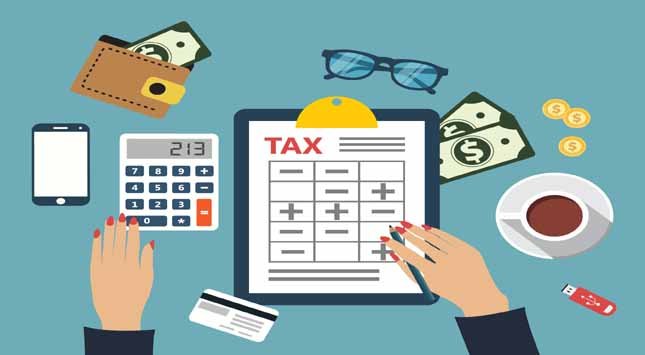The Union Budget 2020-21 created quite a stir when the Honourable Finance Minister introduced an optional new income tax regime. This new income tax slab will sit beside the existing one and individuals can opt for it if they want.
Even though this new tax regime has done away with 70 tax exemptions and deductions including popular ones like 80D, 80C, and 80TTA, other tax exemptions have remained unchanged.
Individuals can take the help of the income tax calculators available online to check their due tax amount.
List of Unchanged Income Tax Deductions and Exemptions
Here is a list of income tax deductions and exemptions that remained unchanged under the new regime and can be claimed from FY 2020-21 –
Interest in Post Office Savings Account
Interest accumulated in a post office savings account will not attract any income tax deductions till Rs.3,500 for individual accounts and Rs.7,000 for joint accounts. Individuals can use an income tax calculator online to know more.
Gratuity from Employer
Gratuity received from employers remains out of income tax deductions under this new regime. It is completely exempted for government employees, while for others the limit is Rs.20 lakh. Moreover, gratuity received in the event of an employee’s death will not attract any tax deductions.
Interest Earned from EPF
This new regime will continue to offer an income tax refund on interest received against the EPF account. However, the upper limit of this exemption is up to 9.5% annually. Therefore, if an individual earns 10% interest on his/her EPF, then 0.5% will not come under tax exemptions.
Maturity Amount of Life Insurance Policies
Individuals opting for the new tax regime will not receive tax benefits under Section 80C on their life insurance premiums. However, the maturity amount remains tax-free under Section 10 (10D).
Employer’s Contribution to NPS/EPF Accounts
Under this new tax regime, an employer’s participation in the NPS, EPF, and/or superannuation accounts remains tax-free. However, the upper limit to such contributions is Rs.7.5 lakh per annum. Moreover, the limit on only superannuation accounts is Rs.1.5 lakh annually. Individuals can take the help of a tax calculator to learn more about their due taxes.
Interest and Maturity Amount of PPF
Individuals will not be able to claim any income tax return on their contribution to the PPF account under this tax regime. However, the interest accrued on the total maturity amount remains out of income tax deductions.
Maturity Amount of NPS Account
The amount received on maturity of an NPS account still offers tax exemption under this new regime. However, only 60% of the entire fund can be withdrawn at the time of maturity, and the rest has to be reinvested. Individuals can also withdraw from their NPS account partially without paying any taxes. They can use this partial withdrawal to make down payments for their home loans.
Leave Encashment
Leave encashment remained tax-free. In the case of government employees, it is entirely tax-free, and for others, the upper limit is Rs.3 lakh. Employees can use income tax calculators to know their due taxes if it crosses the upper limit.
Interest Paid on Home Loans
The income tax exemptions for interest paid on home loans remain unchanged in this new tax regime. Under Section 24, homeowners can still avail of tax benefits on housing loans up to Rs.2 lakh annually on interest payments. Moreover, individuals can avail of home loan tax benefits on under-construction properties.
Therefore, aspiring homeowners can avail of home loans from prominent HFCs at an attractive interest rate and avail of this tax benefit. Additionally, they should know the tax benefits on a joint home loan as well if they plan to apply for credit jointly.
Even though the new tax regime has abandoned some popular tax exemptions, it has retained some important ones. Individuals can take the help of an income tax calculator to check their due taxes and pay accordingly. Moreover, they must remember that opting for this tax regime is optional.

